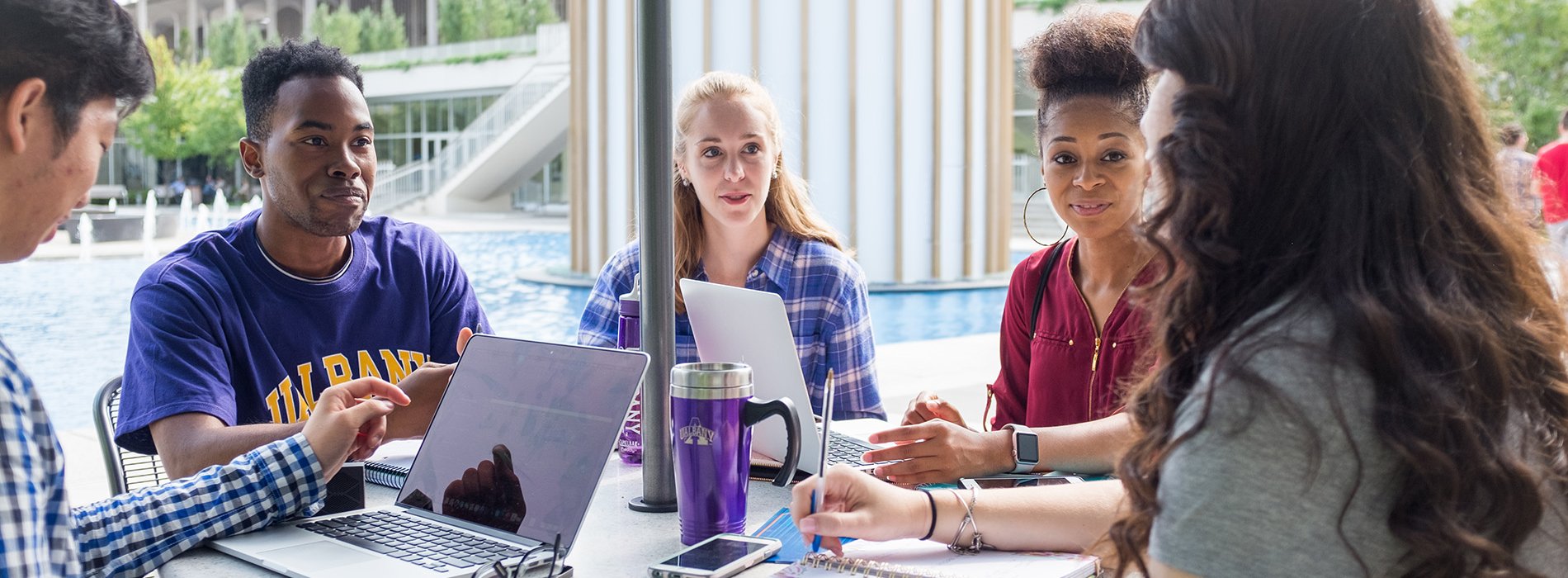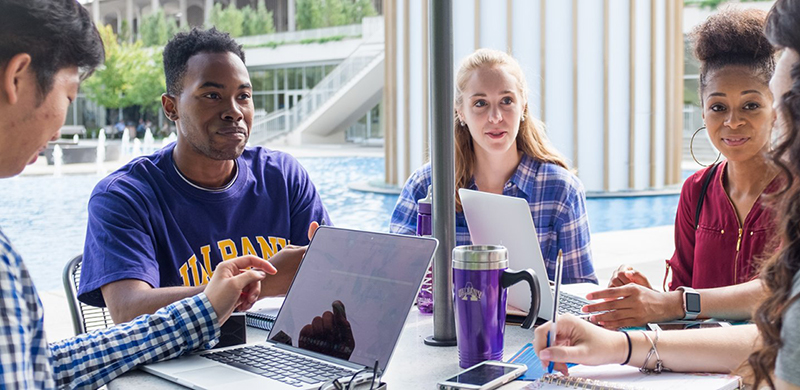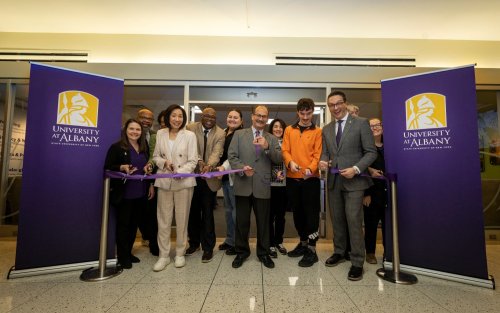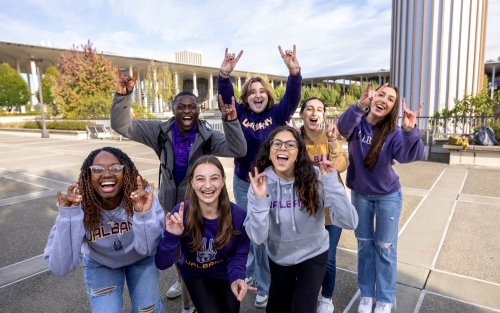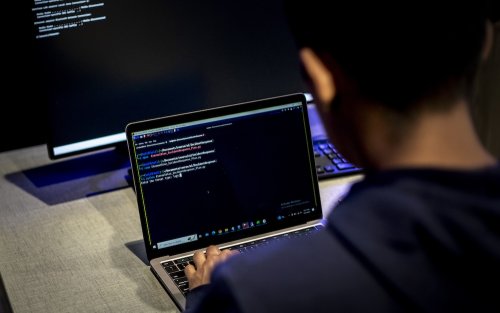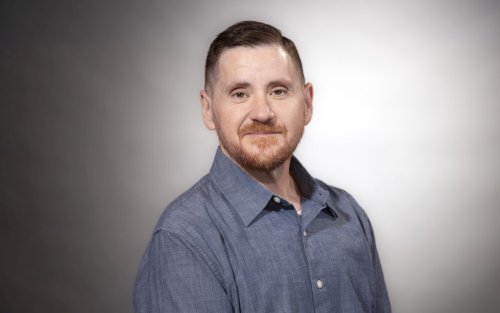Inclusive Excellence at UAlbany
The Division of Inclusive Excellence’s primary role is to carry out the University at Albany’s mission to ensure that diversity in our people and ideas drives excellence in everything we do.
We provide campus-wide leadership to ensure an inclusive environment for our graduate and undergraduate students, faculty, staff, curriculum, programs and activities. We also promote a safe, equitable, growth-minded and engaged campus community that embraces the strengths of our differences.
We turn our ideas into action through programming, initiatives, and projects that serve the well-being of our students and the wider communities we impact.
UAlbany is consistently ranked among the top universities nationally. As an R1 institution, the University is committed to enhancing research in the growing STEM space and improving opportunities for underrepresented students and future professionals in their fields.
We embrace our differences, strive for healthier living and do our part for the future of our planet. While we won’t solve every challenge, we will create an environment where we shed light and use best practices to move the University community forward. After all, an inclusive campus creates an environment where all can and will be expected to succeed.
That’s UAlbany’s commitment and the Division of Inclusive Excellence embraces this challenge. We welcome your thoughts, concerns, and questions.
Vice President for Inclusive Excellence and Staff
Visit our Staff Directory to meet our team.
Our Mission
The Division of Inclusive Excellence will disseminate knowledge to create transformational change at UAlbany, so all people make responsible contributions that support the University’s mission “to empower our students, faculty and campus communities to author their own success.”
Our Vision
The University at Albany will be a learning, living and working space where dialogue is encouraged, faculty, staff and student voices are heard, differences are embraced, and the entire community makes a positive contribution to a diverse and global world.
What We Do
- Provide professional development for faculty and staff related to cultural competency, civility, equity and inclusion
- Encourage and support the retention of underrepresented faculty, staff and students
- Refer incidents of alleged bias in the work environment, recruitment process, tenure process, and in our classrooms and University spaces
- Help students become global citizens, and ensure that the diversity in our people and ideas drives excellence in everything we do



